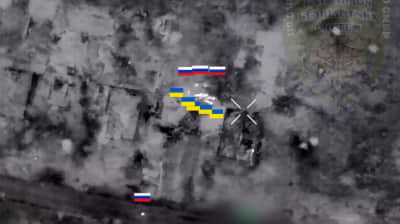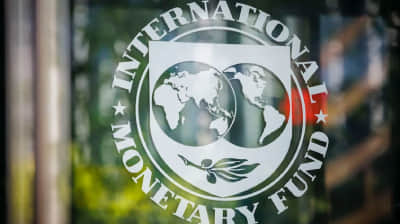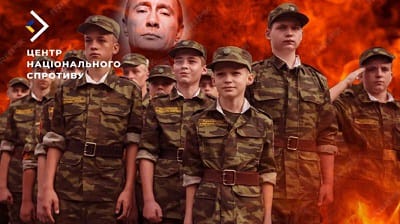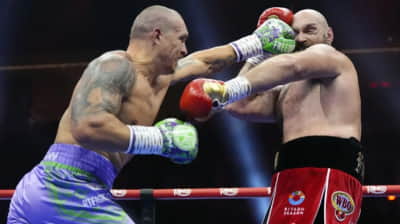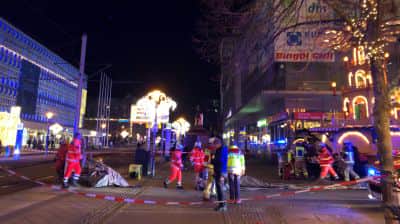Ukraine and Lithuania jointly put paid to Russia's election bid to chemical weapons watchdog board
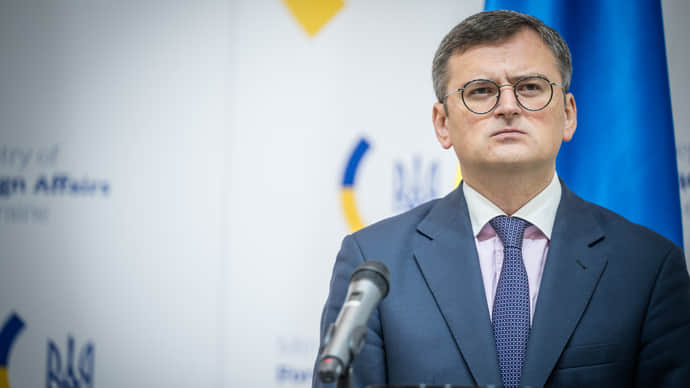
The foreign ministers of Ukraine and Lithuania worked together to unseat Russia from the Executive Council of the Organisation for the Prohibition of Chemical Weapons (OPCW), where it has traditionally had great influence.
Source: a European Pravda article, Not Just the OSCE: Ukraine's Three Diplomatic Victories Over Russia in a Week
Details: Three seats on the OPCW’s Executive Council were vacant this year in the Eastern Europe allocation and were contested by Poland, Ukraine and Russia. Usually candidates are agreed upon in advance, but other countries have the opportunity to stand in a general ballot.
So Dmytro Kuleba and Gabrielius Landsbergis agreed that Lithuania would take advantage of this opportunity and put itself forward as a candidate. After that, the two ministers began working together to ensure that Lithuania would receive a non-zero result in the voting.
"With ballots at the OPCW, you don't know how others have decided to vote," a Ukrainian diplomat familiar with the matter told European Pravda. "And the effect of surprise worked: many people decided to vote for both Lithuania and Ukraine thinking that Russia would get through anyway, and we would be on the ‘right side’. As a result, Russia failed to win enough votes, which came as a shock to many."
In the voting for members of the OPCW Executive Council, Ukraine received 126 votes, Poland 123, Lithuania 76 and Russia 65. That is, the "Russian" votes were split in half and not in Russia’s favour.
The following day, Russia’s Foreign Ministry said that their defeat at the OPCW had been caused by "unprecedented political pressure, financial and economic blackmail, and all too often, outright threats from the 'collective West' to member states that might support our country".
"Although in reality, the reason is more likely to be Russian overconfidence," Serhii Sydorenko, editor of European Pravda, concludes.
Background:
- In November, Russia failed to be elected to the Executive Board of the United Nations Educational, Scientific and Cultural Organisation (UNESCO) for the first time.
- Prior to that, Russia’s representative was not elected to the International Court of Justice for the first time: he lost out to Romania’s representative, former foreign minister Bogdan Aurescu.
Support UP or become our patron!
